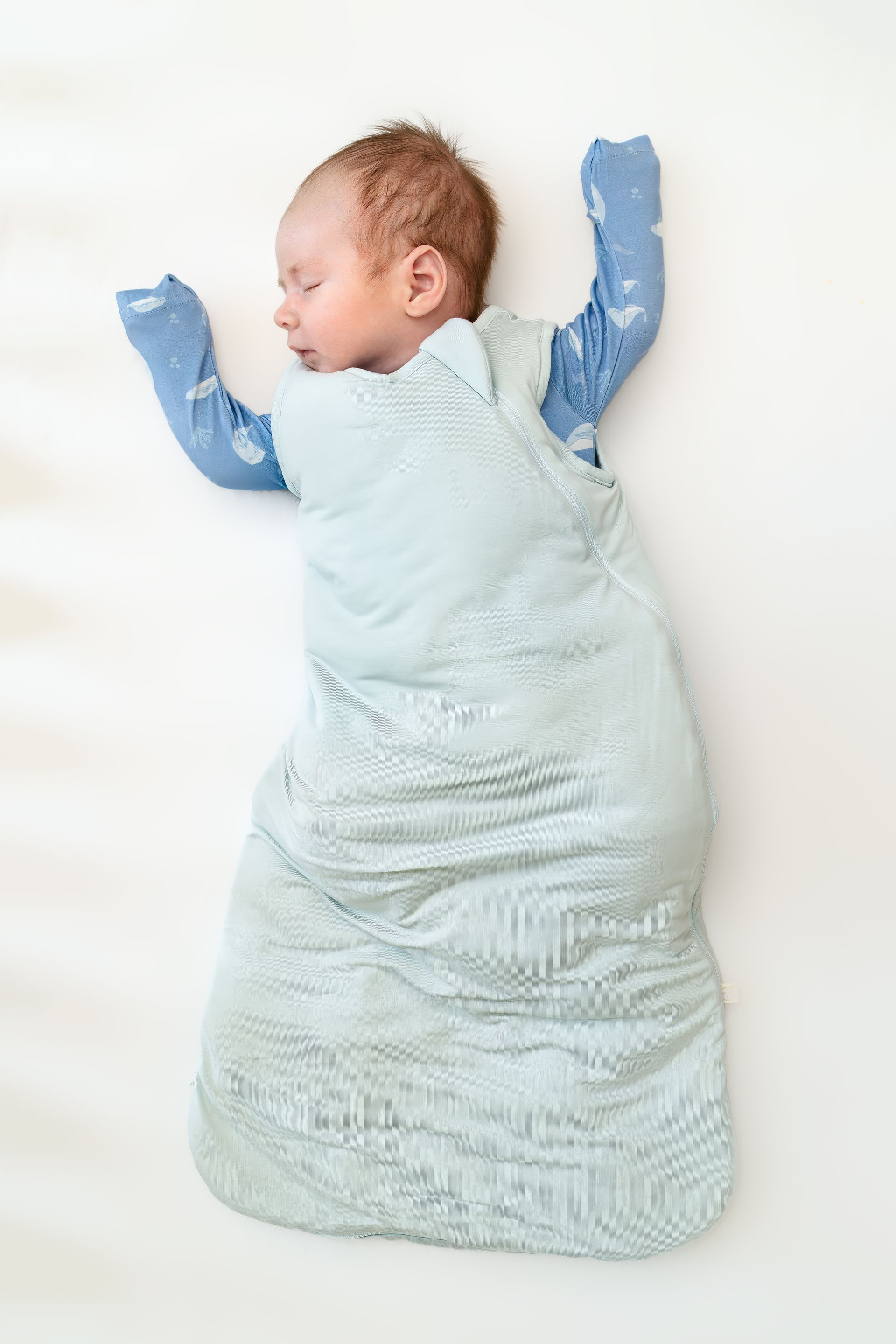But first, safety!
Five simple steps to reduce the risk of SIDS
Since the month of October is SIDS awareness month, I thought we could talk about infant safety. As parents we have all heard about SIDS, and all don’t want to have to think about it. But for parents of children under 12 months of age, this is an important topic. I remember as a first time mom, I did everything I “thought” I was supposed to do to protect my baby:
I knew that babies ran the risk of suffocation so I made sure that there was nothing near his face… there was definitely a blanket though: surely my baby needed it to stay warm.
I knew bumpers were not recommended so I opted for mesh bumpers… they are breathable so they would be a good option to keep him from getting his hands and feet stuck between the rails.
I knew baby needed to sleep alone but I added an inclined pillow and positioners: he cried so much at first I thought inclining him would reduce any reflux and the positions would keep him cosy in such a big bed.
I knew that baby had to sleepover in the crib but on difficult, sleepless nights, he spent quite a bit of the night in our bed: in the middle of the night and in my sleepless haze, it was just easier that way.
What I didn’t know is that, despite my best efforts, these choices would have still put my baby at risk of SIDS, or Sudden Infant Death Syndrome. He has made it through that first year without any accidents but if I knew better, I could have done better! While we cannot control all the SIDS risk factors, we can control the environmental ones that may cause accidental entrapment, suffocation or choking. And this is why I want to share this post here. I am not here to judge or shame you, I am only here to give you the recommendations that can help you make more informed choices than I did. You will find below some simple changes you can bring to your baby’s nursery during the first 12 months of their life to make it safer:

Strip the Crib
You can go ahead and get rid of all bumpers, blankets or teddies that are in bed with your baby. While a beautifully decorated nursery can be most adorable, the items se use to decorate all present a suffocation risk and their dangers far outweigh their benefits. A fitted sheet on a flat, firm surface will suffice. If you are worried about how to keep your baby warm, swaddle them for the first few months or use sleepsack that is the right size for them. They are the safest way for baby to stay cozy.
Always Lay Baby in a Space Made for Sleeping
Whether it is for a nap or night sleep, a baby under 12 months of age should always sleep in a crib, bassinet or pack-n-play. Though roomsharing until minimum 6 months has been proven to reduce the risk of SIDS, bed-sharing is strongly not recommended. An adult bed, siblings’ bed, couch or any other space you are using as a sleep space but that is not made for this purpose is dangerous, no matter how short the sleep is.
Get Rid of Gadgets
There are many products that are marketed as ways to reduce SIDS or help babies sleep longer and better. This is simply not true. As mentioned above, a baby is safest alone on a flat surface. No need to invest positioners, pillows, nests, loungers or even mobiles. Keep all wiring from monitors far away from baby as well. All these extras will do more harm that good. If your baby needs help sleeping, help them acquire the skills to do so independently!
Lay Baby on his or her Back
Always lay babies on their back as this has been proven to have an important impact in reducing the incidence of SIDS. If your baby can roll over both ways, he/she may choose to sleep on their tummy. It is recommended to still lay them on their back but you do not have to continuously turn them over if they choose a different sleeping position. In the meantime, practice, practice, practice their tummy time exercises to help them master the turning over skill and ensure their safety.
Make the Environment Safe
Keep the room temperature cool to avoid overheating. This also helps baby fall asleep as a cooler room is more conducive to sleep. Do not smoke or drink around your baby. Breastfeeding, vaccinating and the use of pacifiers have also been strongly linked to SIDS prevention.
The recommendations here are for parents of infants under 1 year old. You are the best parent for your child and your choices are the best ones for your babe but know that these simple changes can make your baby’s sleep space so much safer.





